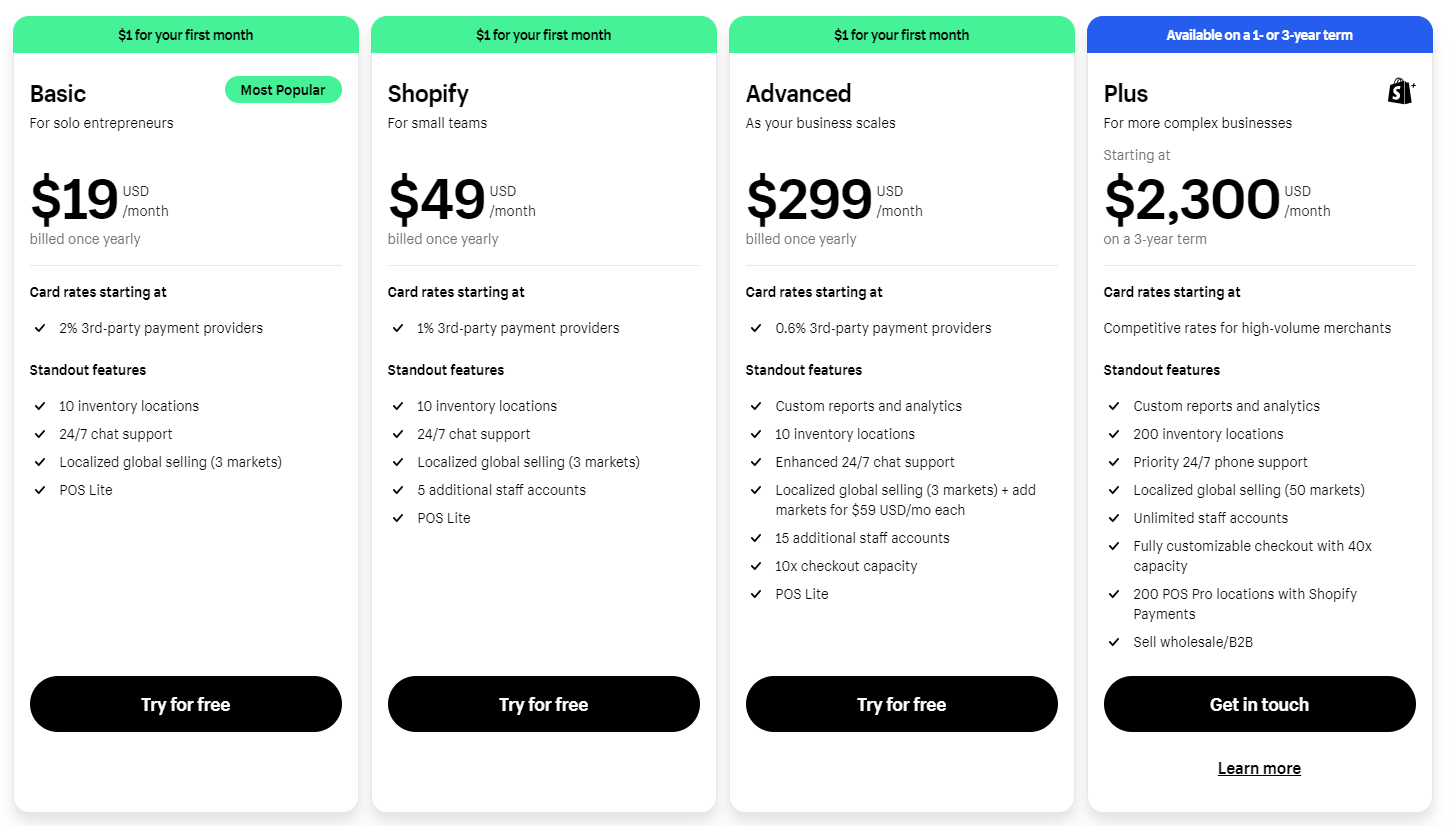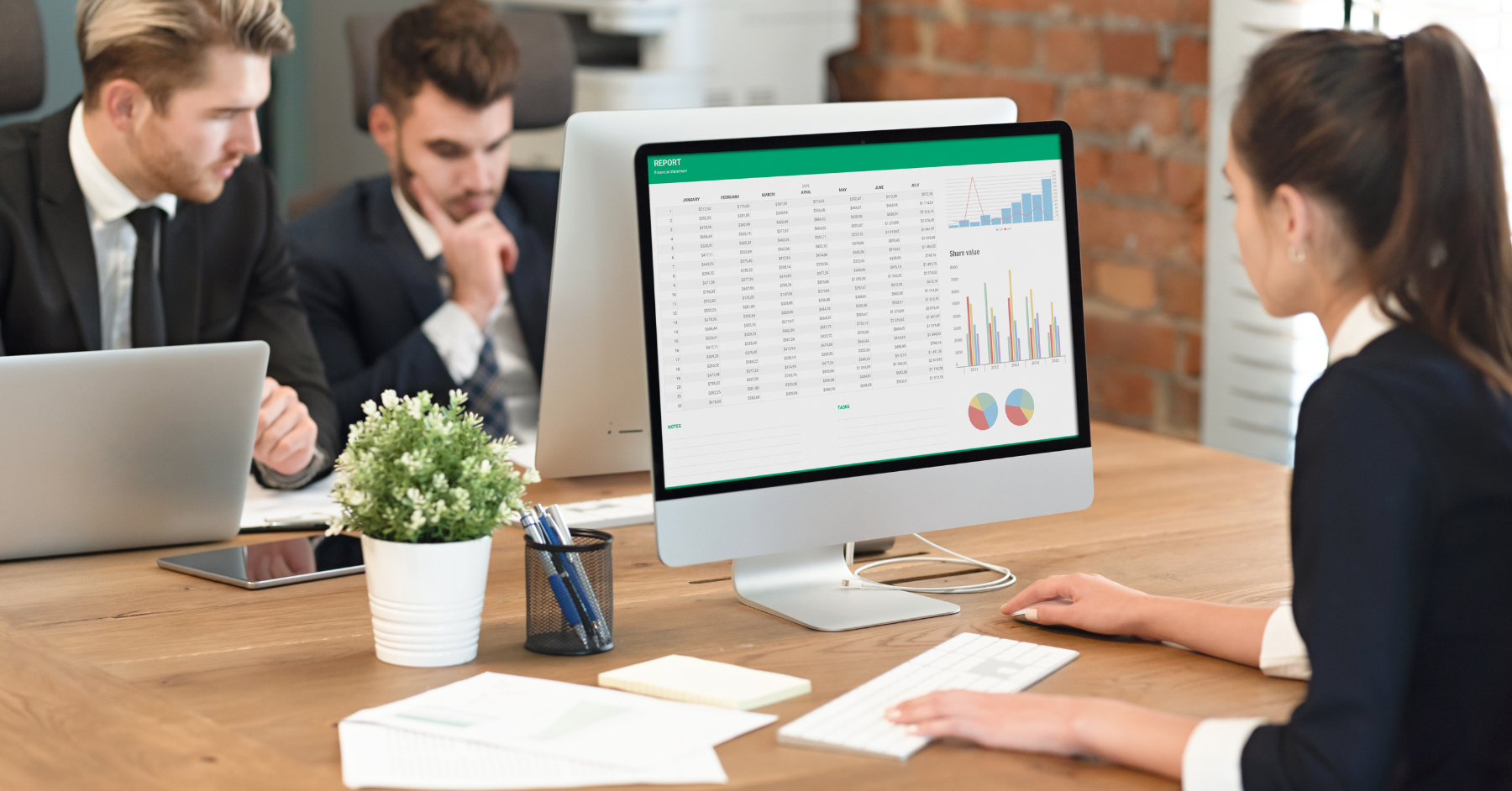
Using the right ecommerce accounting software for your needs can help your business tremendously. If you’ve never used any before, or haven’t had a great experience with it, this post is for you. We’re going through our top picks from among dozens of tools available out there. We believe that these select few can help you maximize profitability for your business in 2024.
The Importance of Ecommerce Accounting Software
The right accounting software can be a game-changer for businesses of all sizes, especially those juggling the complexities of online sales. It simplifies financial management, streamlines operations, and ensures tax compliance.
Simplifying Financial Management
Manual data entry for sales, inventory, and expenses is a time-consuming and error-prone process. Accounting software automates this all by integrating with your ecommerce platform, payment gateways, and other business tools.
Software also gives you real-time insights into your financial performance. You can track key metrics like sales, revenue, costs, and profit margins all in one place. This allows you to make informed business decisions based on accurate and up-to-date financial data.
One of our favorite functions of ecommerce software is its ability to generate customized financial reports in one click. You can produce income statements, balance sheets, cash flow statements, and other critical financial documents almost instantly.
Streamlining Operations
Accounting software made for ecommerce businesses helps you efficiently track and manage inventory levels, even across multiple sales channels. You get automatically updated stock levels so you can maintain optimal inventory levels and avoid overstocking costs. You can also automate tasks like generating invoices, packing slips, and shipping labels.
Streamlining your order fulfillment processes this way improves efficiency and reduces the risk of errors. This plus more data into customer behavior and purchase history can help you serve them better. In turn, resolving customer inquiries faster and providing a more positive customer experience builds priceless loyalty.
Ensuring Tax Compliance
You can reduce the risk of errors and save time by automating sales tax calculations based on your location and customer’s location. With proper configuration, ecommerce software can even handle complex tax rules like VAT and GST for international sales.
Some software integrates with tax filing services. This is a real game-changer, allowing you to electronically file your sales tax returns directly from the software. The tax filing process can become so much simpler with a minimal initial time investment to get it all set up. This also reduces the risk of missed deadlines and penalties.
What we like best about software is that it saves a clear audit trail of all your financial transactions. Of course, we always recommend keeping soft and hard copy backups, just in case. Most accounting software can keep detailed records for you of all sales, purchases, and expenses over years.
Top Ecommerce Accounting Software Picks for 2024
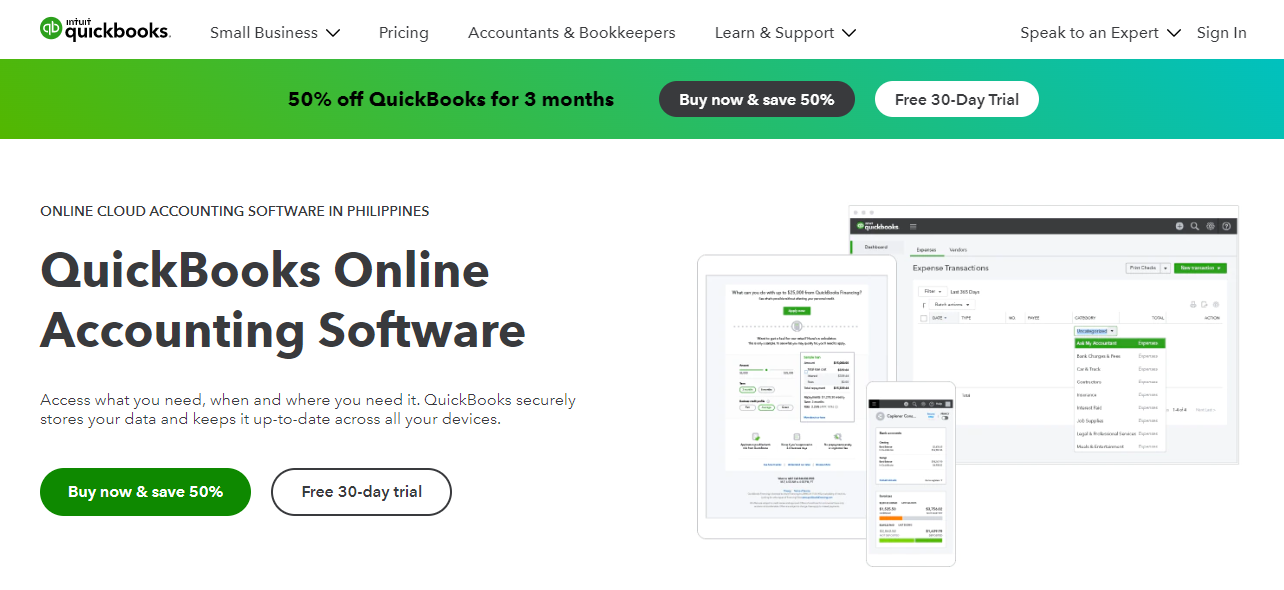
QuickBooks Online
QuickBooks Online (QBO) is a popular accounting software solution that offers specific features to cater to the needs of ecommerce businesses. It integrates with popular ecommerce platforms like Shopify and BigCommerce, and marketplaces like Amazon and eBay. So, you can automatically import sales data to eliminate costly and error-prone manual data entry.
QBO can generate low-stock alerts to help you avoid stockouts and maintain optimal inventory levels. You can generate invoices, packing slips, and shipping labels, streamlining the order fulfillment process. You can also monitor your cash flow to ensure you have sufficient funds to cover expenses and manage your working capital effectively.
QBO allows you to generate customizable reports to analyze your sales performance, track revenue by product or channel, and identify areas for improvement. Gain insights into customer behavior, too, by analyzing purchase history and identifying top-selling products.
One of the best features of QBO is automatic sales tax calculation based on your location and your customer’s location. You can also configure QBO to handle VAT and GST for international sales. QBO doesn’t directly file your sales tax returns, but it can simplify the process by providing organized sales tax data. You can export this data to use with tax filing software or consult an ecommerce sales tax professional to help.
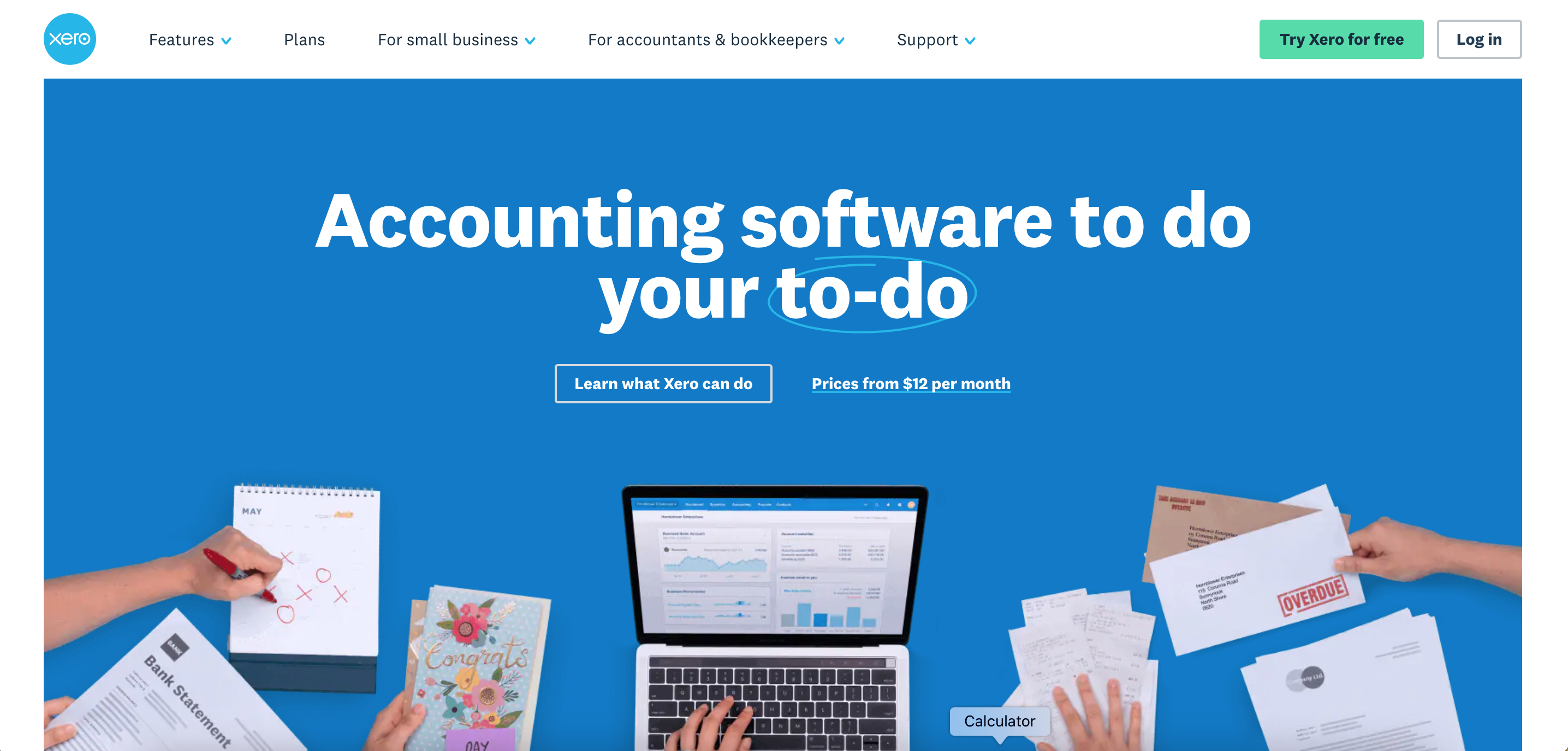
Xero
Xero, another popular accounting software option, caters specifically to ecommerce businesses. It also integrates with major ecommerce platforms to automatically sync your sales data. This eliminates manual data entry and ensures accurate capture of all your sales information.
You can track your inventory levels across all sales channels in real-time. The software can generate low-stock alerts to help you avoid stockouts and maintain optimal stock levels. Xero can manage multiple currencies within a single ledger, simplifying accounting for international sales. It also handles currency conversions and automatically updates exchange rates.
Xero offers a variety of pre-built reports designed specifically for ecommerce businesses. These reports give you insights into sales performance, profitability by product or channel, and customer behavior. You can create customizable dashboards to track key metrics, too. This way, you get a real-time overview of your financial health and identify areas for improvement. Inventory performance analysis also becomes easier so you can identify trends and optimize your ordering strategies.
We love how Xero helps ecommerce businesses to automate repetitive tasks like reconciling accounts, generating invoices, and managing bills. It’s such a huge time-saver. Xero can also automate sales tax calculations based on location and integrates with tax filing services to simplify the tax filing process. That last one is a separate subscription, though. Xero can also be configured to handle VAT and GST for international sales, but make sure you get it properly set up.
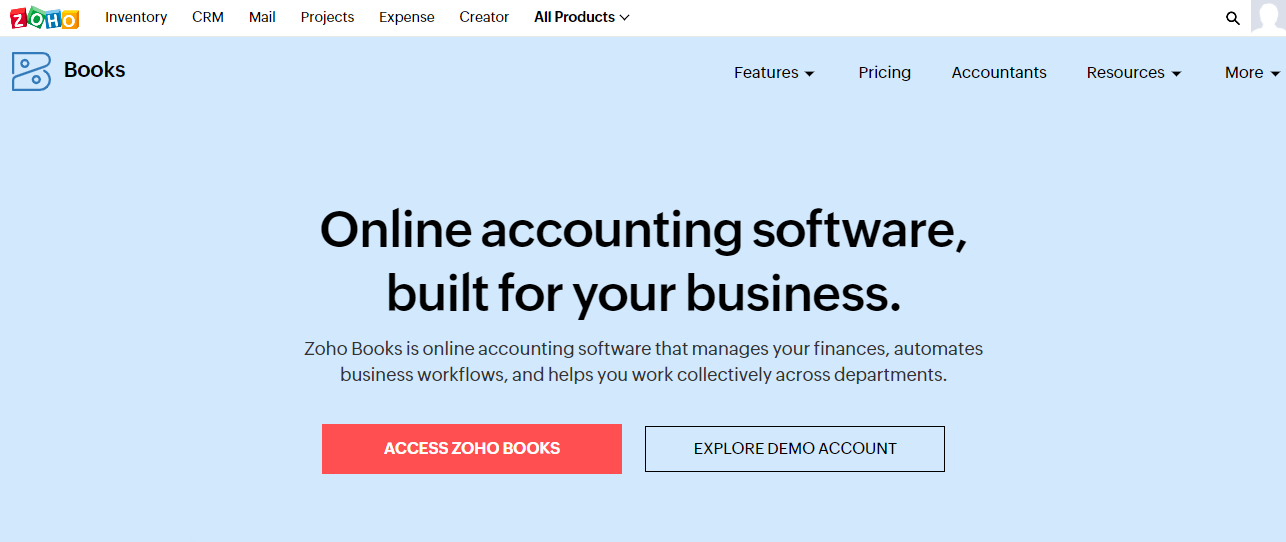
Zoho Books
Zoho Books is another strong contender in the ecommerce accounting software arena. It integrates with popular ecommerce platforms as well, and automatically imports sales data. It tracks and optimizes your inventory levels across all sales channels in real-time and generates low-stock alerts.
Use Zoho Books to automate repetitive tasks like reconciling accounts, generating invoices, and managing bills so you can be free to focus on growing your business. Zoho Books allows you to create custom reports to help you analyze sales performance, profitability by product or channel, and customer behavior.
We love Zoho’s pre-built dashboards with real-time overviews of business financial health. You can monitor sales trends, cash flow, and outstanding invoices. We also love the automated location-based sales tax calculations, especially for US markets. Note that you might need to do additional configurations for complex tax rules like VAT and GST.
Zoho Books integrates with tax filing services so you can export organized sales tax data to simplify the process. One amazing feature Zoho offers is accounting consultants for hire who can assist with tax setup and compliance, especially for international sales.
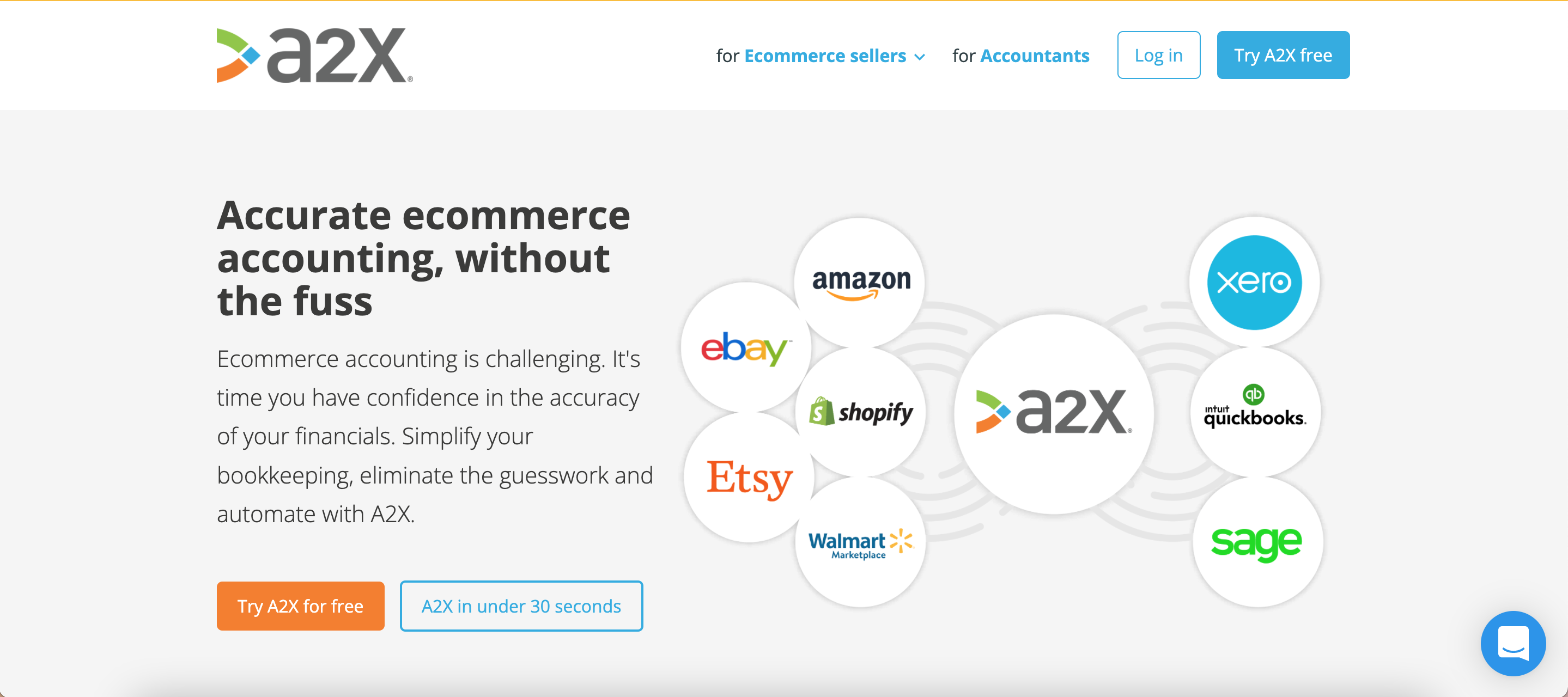
A2X
A2X is a specialized software designed to address specific ecommerce accounting challenges. It can streamline your ecommerce accounting processes fetching your payout data straight from your ecommerce platforms and marketplaces, Unlike some general accounting software, A2X transforms this data into summarized entries that match your bank deposits.
A2X automates the reconciliation process, eliminating the need to match thousands of individual sales transactions. This tool ensures your accounting data accurately reflects your business’s financial performance. It can also handle high transaction volumes, so it’s suitable for businesses of all sizes.
We love the insights that A2X provides into sales, fees, taxes, and other critical financial metrics. This allows you to identify areas for cost reduction and improve your overall profitability.
Choosing the Right Ecommerce Accounting Software
You need the accounting software that fits your ecommerce business needs if you want smooth financial management and efficient operations. The key components to look at are sales volume and complexity, inventory, and international sales.
Look at your average transaction volume and how complex your sales are (e.g. multiple channels, subscriptions, etc.) This will tell you if you need software with advanced features for handling large datasets and intricate sales models.
If you manage a large product catalog across multiple sales channels, you will need robust inventory management features. If you sell internationally, you must consider accurate VAT or GST compliance. Choose software that makes it as easy as possible to manage these calculations.
Software Features and Functionality
Seamless integration with your existing ecommerce platform and marketplaces is essential. Automatic data import eliminates manual data entry and ensures accuracy. Look also for features like stock level tracking, low-stock alerts, multi-channel inventory management, and the ability to handle product variants.
Software that can automate sales tax calculations based on location saves time and reduces errors. Robust reporting tools are essential to analyze your financial performance, track sales trends, identify profitable products, and make data-driven decisions. Consider your growth plans, too, and choose a tool that can scale with your business.
Ease of Use
Pick a tool that has a user-friendly interface, even for people with limited accounting experience. Consider how long it will take to learn the software, and if it provides powerful features that make the investment worthwhile.
Cost and Pricing
Most accounting software offers tiered subscription plans based on features and functionalities. Choose a plan that meets your current needs but has higher plans for growth as your business scales. Be mindful as some tools charge transaction fees per sale on top of the subscription cost. Look out for any hidden costs like setup fees or additional charges for exceeding data storage limits.
Customer Support
Make sure your selection has reliable customer support in case you encounter any issues. Look for software that offers multiple channels, like phone, email, and live chat. Check to see that they have a good reputation for responsiveness and providing helpful answers. Ideally, the support team should have some expertise in ecommerce accounting. It’s important that they understand your specific needs and challenges.
What Is EcomBalance?

EcomBalance is a monthly bookkeeping service specialized for eCommerce companies selling on Amazon, Shopify, Ebay, Etsy, WooCommerce, & other eCommerce channels.
We take monthly bookkeeping off your plate and deliver you your financial statements by the 15th or 20th of each month.
You’ll have your Profit and Loss Statement, Balance Sheet, and Cash Flow Statement ready for analysis each month so you and your business partners can make better business decisions.
Interested in learning more? Schedule a call with our CEO, Nathan Hirsch.
And here’s some free resources:
- Monthly Finance Meeting Agenda
- 9 Steps to Master Your Ecommerce Bookkeeping Checklist
- The Ultimate Guide on Finding an Ecommerce Virtual Bookkeeping Service
- What Is a Profit and Loss Statement?
- How to Read & Interpret a Cash Flow Statement
- How to Read a Balance Sheet & Truly Understand It
Conclusion
Ecommerce accounting software is an amazing aid to business profitability. Many solutions offer scalable plans to accommodate increasing transaction volumes and complexity. These tools also typically offer robust security features to protect your sensitive financial data. Some allow multiple users to access and manage your financial data simultaneously, improving collaboration within your team and accountants. By leveraging accounting software, you can focus on growing your online business and achieving your sales goals.






